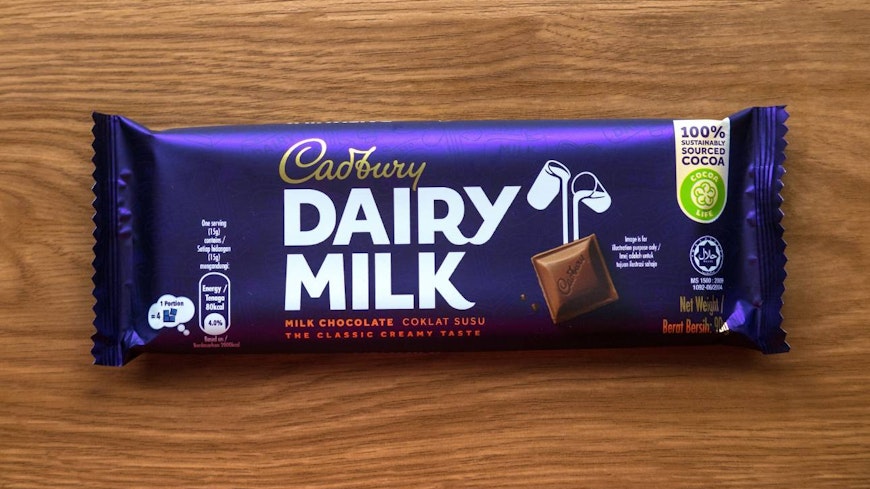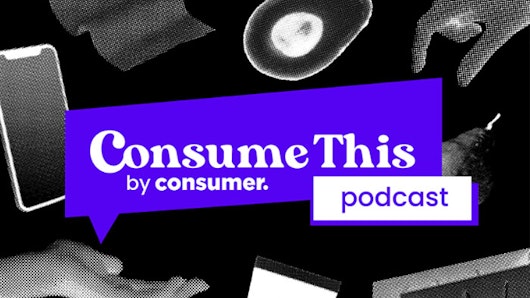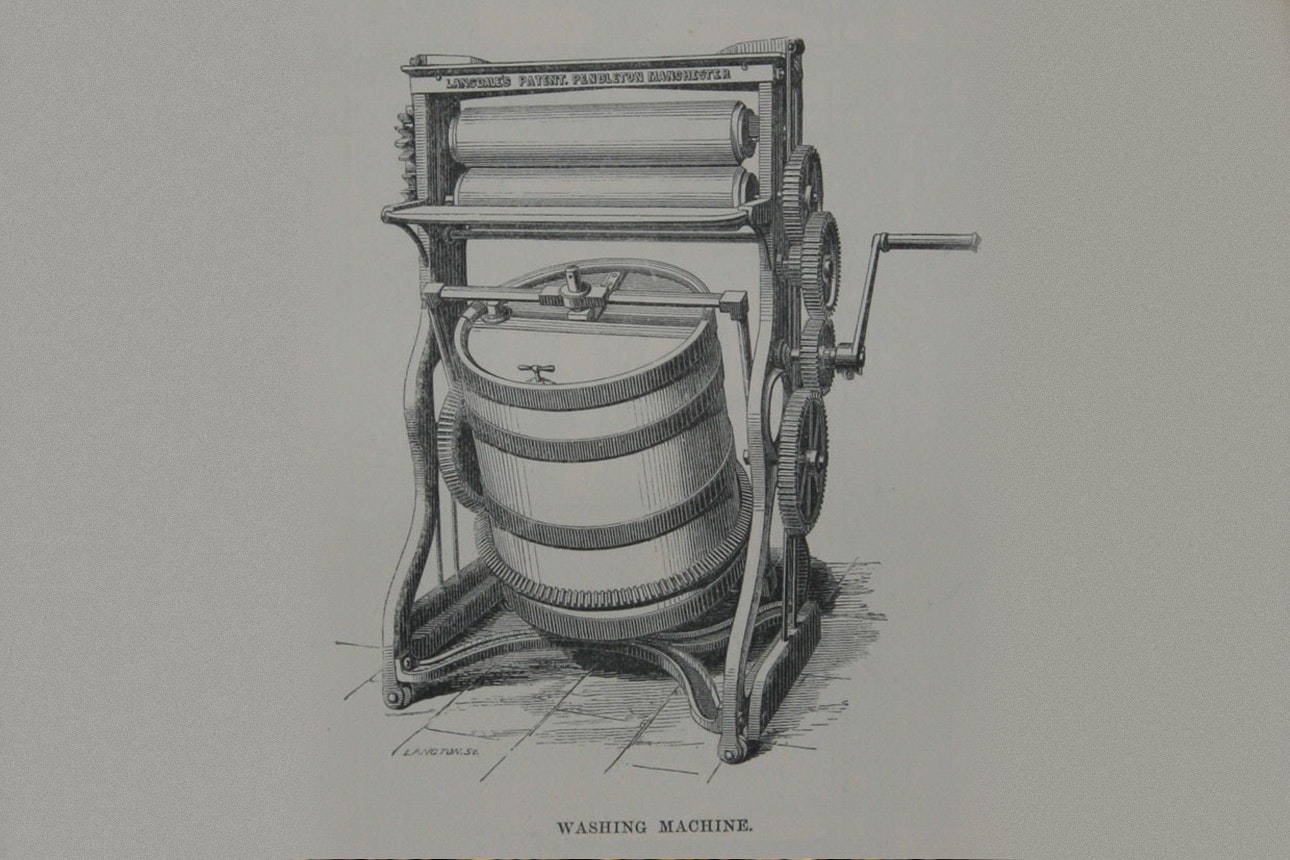
By Ruairi O'Shea
Former Investigative Writer | Kaituhi Mātoro
You live in Greymouth in 1947. You walk into your favourite pub but notice the price of beer has increased from six pence to seven pence. Do you:
A) Reflect that the price of beer increased to seven pence in the rest of the country five years ago and accept that the price had to rise eventually.
Or:
B) Leave the pub in disgust to organise a boycott in protest at the cartel-like behaviour of the town’s pubs.
If you answered B, you’d probably have fit in well on the West Coast in the 1940s. You’d also probably enjoy our latest podcast exploring the Greymouth Beer Boycott and the history of consumer activism in New Zealand.
The Greymouth Beer Boycott is one of the most effective examples of consumer activism in New Zealand, with the events of 1947 a perfect illustration of how Kiwi consumers can dig their heels in when a business does something they don’t like.
Four-and-a-half months after the pubs decided to increase their prices to seven pence, it was reported that all beer in Greymouth was being sold for six pence once again.
Consumerism and Consumer NZ
Hot on the heels of the Beer Boycott, the 1950s saw post-war austerity replaced by a prosperous new context of consumption – the modern consumer was born.
Following the scarcity of the 1930s and 1940s, there were more goods available at the grocery store and on the high street. But concerns were also emerging that rising levels of affluence and more sophisticated marketing made people vulnerable to being ripped off for bad products they did not need.
Following the example of the United States, the United Kingdom and Scandinavia, Prime Minister Walter Nash launched the Consumer Service in September 1959; the organisation which has evolved into today’s Consumer NZ.
Grassroots activism continues
Grassroots activism did not stop when Consumer NZ started, however. Over the years, consumers have taken things into their own hands time and time again.
We saw the emotive issue of beer rise again in Greymouth in 2001, when DB Breweries attempted to stop production of Monteith’s in the town, only to bow to pressure and reverse its decision after four days.
In 2004, two Auckland schoolgirls conducting a school science experiment discovered that there was almost no Vitamin C in ready-to-drink Ribena, despite claims made by its manufacturer, GlaxoSmithKline. GlaxoSmithKline was subsequently prosecuted by the Commerce Commission, ordered to undertake a nationwide campaign of corrective newspaper advertising, and fined $227,500 by Auckland District Court.
A few years later, chocolate provided another great example of the impact that New Zealand consumers can have when brands do things they don’t like.
In 2009, Cadbury was one of New Zealand's most trusted brands, but the decision to introduce palm oil to their recipe led to a fierce backlash.

New Zealand was not the only market to make the switch, and not the only place where consumers took exception. Yet, while the scandal went away quickly elsewhere, in New Zealand it has permanently affected the brand.
Having switched to palm oil in June, by August, Cadbury had reversed its decision, but the damage was done. Within a year, Cadbury had gone from New Zealand’s most trusted brand to its thirty-sixth. To make matters worse, Whittaker's took the top spot in 2011 and has held onto it ever since.
Consumers and Consumer NZ: more powerful together
Although Kiwi consumers aren’t shy when it comes to making their thoughts about bad businesses known, when Consumer NZ can harness New Zealanders’ activist energy, the joint impact is much more powerful.
Our members play a vital role, not only in throwing their weight behind our petitions, but also by acting as an extension of our staff, according to Consumer NZ Chief Executive Jon Duffy.
“The power of the roughly 175,000 supporters that we have is that it's not just our staff out there in the supermarkets, in the retail shops or on websites. It's the wider community that's out there being our ears and eyes, and we really appreciate hearing from that community. It really amplifies our ability to make change.”
To find out more about the Greymouth Beer Boycott, the history of consumer activism, and our role in fighting for better outcomes for consumers, you can listen to the Consume This podcast.

Consume This
Consume This unpacks the big issues facing New Zealanders today: from fast fashion and the housing market, to the world of data privacy and more.



